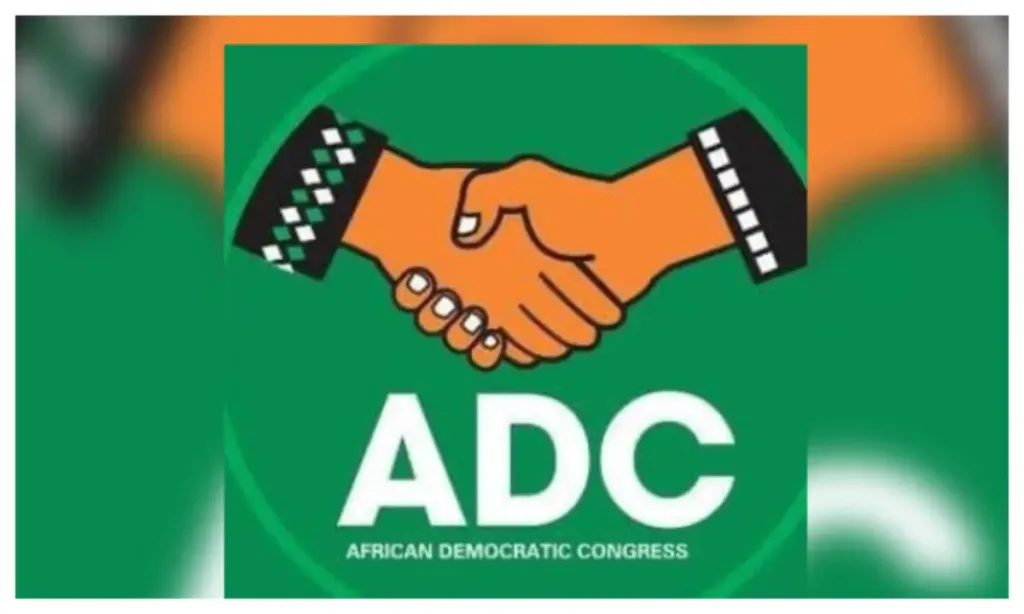A former governorship candidate for Nigeria’s African Democratic Congress (ADC) has sparked a leadership crisis within the party after proclaiming himself its national chairman in defiance of the current executive. Nafi’u Bala, who ran for office in Gombe State during Nigeria’s 2023 elections, publicly contested the ADC’s direction during a late-night press briefing in Abuja on Wednesday, accusing senior figures of an unlawful power grab and collusion with external interests.
Bala singled out the party’s leadership under David Mark, a former Nigerian Senate President, alleging it had “illegally handed control to outsiders” as part of a coalition strategy ahead of the 2027 general elections. He denounced the decision as “political hooliganism” and a violation of the ADC’s constitution. “Handing our party’s future to individuals who were never part of our struggles, sidelining elected leaders, is both morally indefensible and unconstitutional,” he stated.
The dispute stems from recent moves by opposition politicians and a faction of ADC leaders to adopt the party as a unified platform for challenging Nigeria’s ruling All Progressives Congress (APC) in the next national polls. Bala argued that this alliance sidelines grassroots members and undermines the ADC’s autonomy. He vowed to mobilize legitimate party members to legally challenge the alleged takeover, adding that they would petition the Independent National Electoral Commission (INEC) to formally recognize his leadership.
INEC, which oversees Nigeria’s electoral processes, has yet to comment on the legitimacy of Bala’s claim or the internal rift. Analysts note that unresolved leadership tussles within opposition parties often weaken their cohesion ahead of major elections, a recurring challenge in Nigeria’s dynamic political landscape.
The ADC, founded in 2005, has struggled to gain significant traction in national politics but remains a minor player in regional contests. Its rebranding as a coalition hub highlights broader efforts among opposition groups to consolidate resources and voter bases. Critics, however, warn that internal discord—such as the latest rift—risks alienating supporters and stalling momentum.
Bala’s bold declaration has intensified scrutiny of the ADC’s governance structures. Legal experts suggest the conflict could hinge on interpretations of the party’s constitution, particularly provisions governing leadership transitions and coalition agreements. Meanwhile, the party’s rank-and-file members remain divided, with some praising Bala’s push for accountability and others dismissing his stance as a publicity stunt.
As tensions escalate, the ADC’s ability to present a united front ahead of 2027 hangs in the balance. The outcome of the impending legal battle—and INEC’s response—could redefine the party’s role in Nigeria’s opposition politics or deepen its fragmentation.
